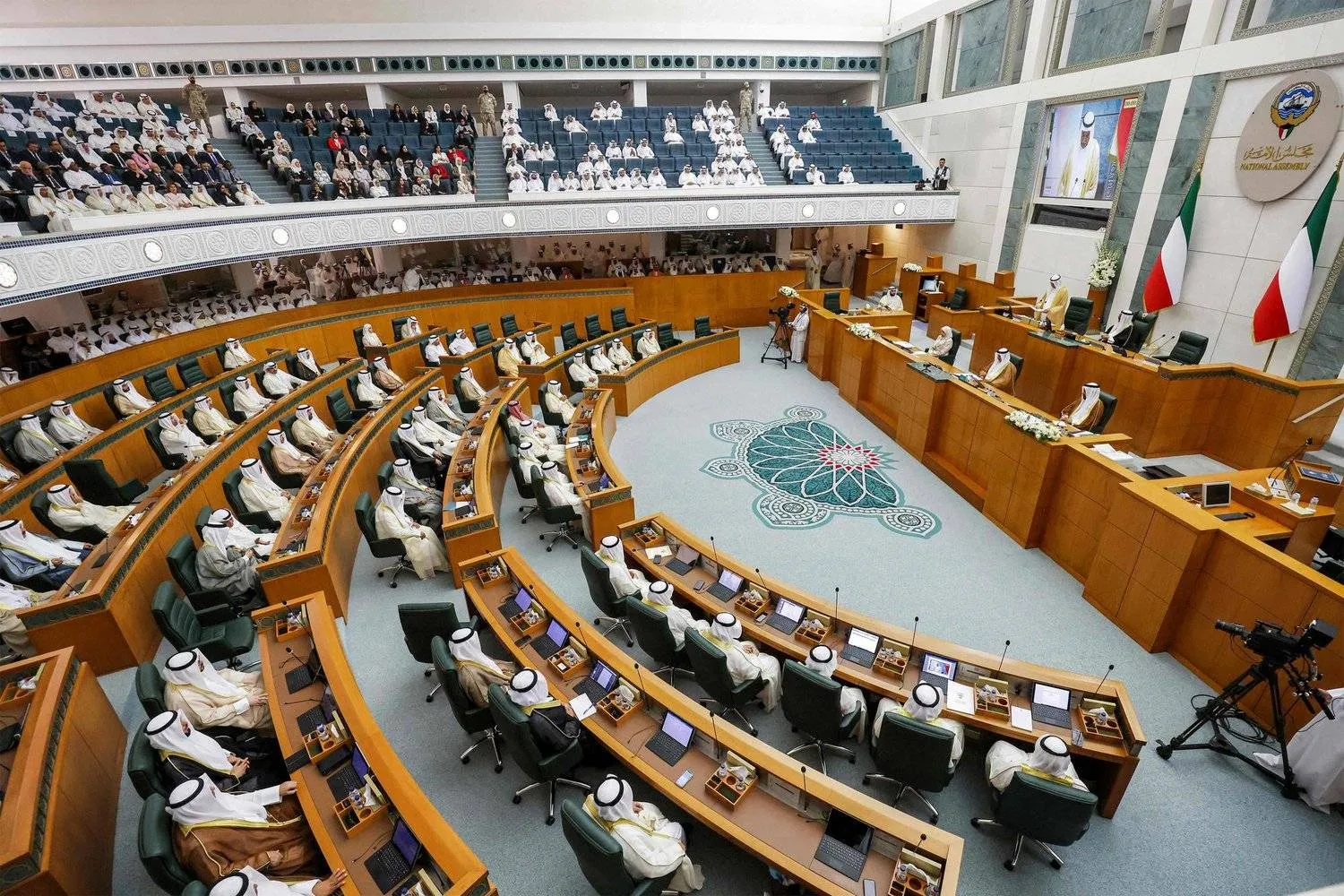The visit of Saud Al-Saadi, an Iraqi parliamentarian, to the Kuwaiti border has triggered a crisis regarding the Khor Abdullah Agreement and certain border issues.
The Kuwaiti Foreign Ministry has called on the Iraqi Parliament to provide clarification regarding Al-Saadi’s crossing of the demarcation lines between the two countries.
Al-Saadi, a deputy representing the “Hoqooq” parliamentary bloc, had previously contested the agreement and secured a ruling from the Federal Court in early September, which invalidated Parliament’s approval of it in 2013.
Despite Kuwaiti demands for clarification from the Iraqi Parliament regarding Al-Saadi’s visit to the border, which occurred in August, the leakage of this information to the public prompted a response from the lawmaker.
“We were surprised by the Iraqi Ministry of Foreign Affairs notifying us of a phone call between the Deputy Foreign Minister of Kuwait and the Iraqi Ambassador to Kuwait, which contained baseless allegations,” said Al-Saadi.
Al-Saadi emphasized that he would proceed with legal measures and issue an official warning against the Ministry of Foreign Affairs, which has been reluctant to implement the Federal Supreme Court’s decision, despite its binding validity on all authorities, both inside and outside Iraq, in accordance with Article 94 of the Constitution.
Furthermore, he called on the government, through the Ministry of Foreign Affairs and the Permanent Representative of Iraq to the UN, to submit and register the decision of the Federal Supreme Court with the UN Secretariat.
Soon after Baghdad made the declaration on backing down from the Khor Abdullah accord, the Kuwaiti Cabinet issued a statement affirming that the resolution included baseless allegations, urging Baghdad to take serious and urgent steps to “tackle the negative consequences of these developments.”
This came on the heels of Kuwaiti Assistant Foreign Minister Ambassador Ahmad Al-Bakr lodging a memo of complaint with the Iraqi Ambassador to Kuwait Al-Menhel Al-Safi.









